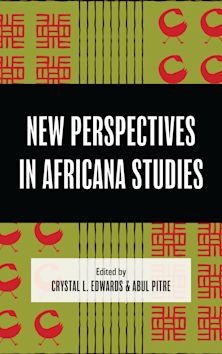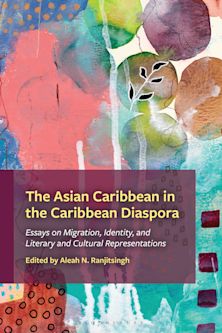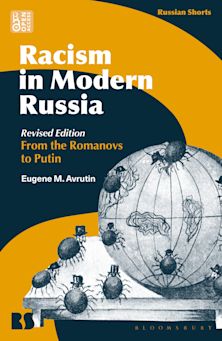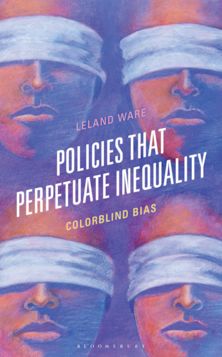Korean Migration and Mobility in the Global South
Korean Migration and Mobility in the Global South
This product is usually dispatched within 1 week
- Delivery and returns info
-
Free US delivery on orders $35 or over
Description
Korean Migration and Mobility in the Global South argues that current migration studies, largely focused on South-to-North movement, overlook the complex realities of Korean migrants in regions such as Southeast Asia, Latin America, and Africa. The contributors challenge conventional migration theories by revealing how Koreans in the Global South create new pathways for integration and opportunity in politically and economically distinct environments. Drawing on detailed case studies and empirical evidence, this book demonstrates how these migrants navigate unique socioeconomic landscapes and reconfigure traditional notions of mobility and identity. Ultimately, the volume contends that Korean migration to these regions represents a crucial yet overlooked dimension of global migration flows, requiring new theoretical frameworks that better reflect contemporary mobility patterns.
Table of Contents
Part I: Korean Migration and Mobility in Latin America
Chapter 1: Immigration Entrepreneurship and Ethnic Resources: The Korean Garment Business in Argentina 1965–2024 by Jihye Kim
Chapter 2: The Evolution of the Korean Ethnic Economy in São Paulo Brazil by Dennis Woohyuk Choi
Chapter 3: Changes in Global Hierarchy and International Migration: Many-Faceted “Bordering” Identities of South Korean Immigrants in Chile by Jinok Choi
Chapter 4: The Third Korea in Mexico: An Ethnographic Exploration of the Trajectivity of Korean Communities in Mexico City by Sergio Gallardo García
Part II: Korean Migration and Mobility in Southeast Asia
Chapter 5: South Koreans Finding Dot-to-Dot Happiness by Slowing Down in Malaysia by Gaik Cheng Khoo
Chapter 6: Moving to and Sojourning in Hanoi: The Growth of a Korean Ethnic Enclave around Housing and Consumer Services by K. C. Ho, Hae Young Yun, and Jeehun Kim
Chapter 7: Transperipheral Educational Mobility: Less Privileged South Korean Young Adults Pursuing English Language Study in a Peripheral City in the Philippines by Carolyn Choi
Part III: Korean Migration and Mobility in Africa
Chapter 8: Navigating Migratory Paths: Korean Im/migrants in South Africa by Yonson Ahn
Chapter 9: Of Two Velocities: Bifurcated Life Trajectories and Visions of Korean Aid Workers/Missionaries in Ethiopia by Young Su Park
Product details
| Published | Mar 19 2025 |
|---|---|
| Format | Hardback |
| Edition | 1st |
| Extent | 242 |
| ISBN | 9781666963809 |
| Imprint | Lexington Books |
| Illustrations | 9 b/w illustrations; 4 tables |
| Dimensions | 9 x 6 inches |
| Series | Korean Communities across the World |
| Publisher | Bloomsbury Publishing |
Reviews

ONLINE RESOURCES
Bloomsbury Collections
This book is available on Bloomsbury Collections where your library has access.

































